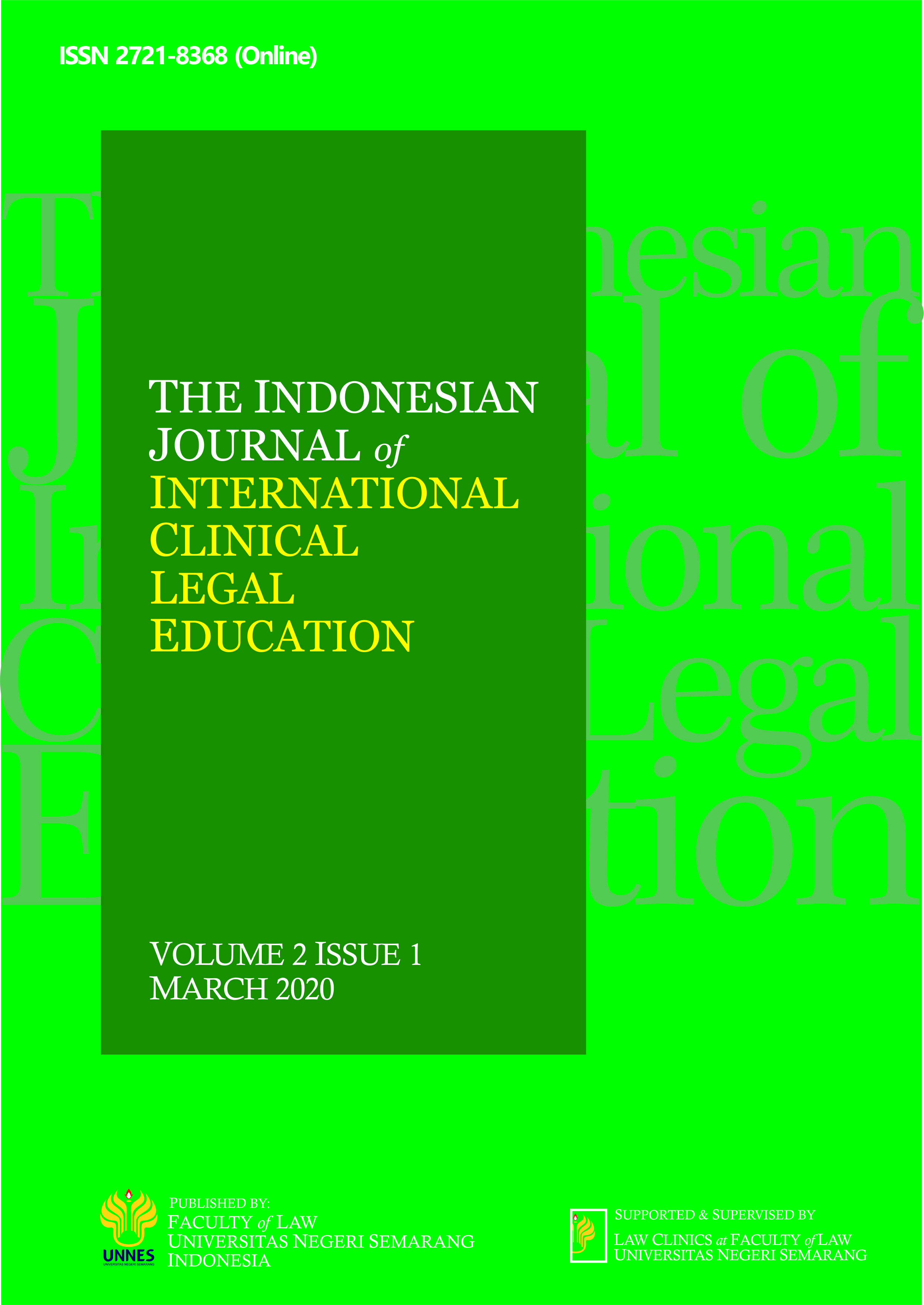The Interpretation of Freedom of Religion and Believe: How Do University Understand This to Society?
Main Article Content
Abstract
This paper is based on the condition of freedom of religion and belief and people's understanding of the meaning of freedom of religion and belief which is still wrong and ambiguous. In fact, as dignified beings, humans have a number of basic rights that must be protected, such as the right to life, the right to political rights, the right to assemble, as well as the right to religion and belief. Human rights values ​​teach that these basic human rights are protected and respected. Human rights teach the principle of equality and human freedom so that there can be no discrimination, exploitation and violence against humans in any form and also there should not be any restrictions and restrictions on basic human freedoms, including the right to freedom of religion. The Indonesian nation is a pluralistic nation. There are various kinds of ethnicity, race, religion, and ethnicity that cause diversity in Indonesia. Although the majority of Indonesian people are followers of Islam, however, in Indonesia there are also several other official religions recognized by the government, namely, Catholic Christians, Protestant Christians, Hindus, Buddhists, and Confucians. Therefore, every person has the right to freedom of religion or belief, that means no one may be subject to coercion that would interfere with his freedom to adhere to or embrace a religion or belief of his own choice.
Article Details
The copyrights of the article in Indonesian J. Int'l Clinical Leg. Educ. is on the Author(s), however, before publishing, it is required to obtain written confirmation from Author(s) in order to ensure the originality (Author Statement of Originality). The statement is to be signed by at least one of the authors who have obtained the assent of the co-author(s) where applicable. This work licensed under a Creative Commons Attribution-ShareAlike 4.0 International (CC BY-SA 4.0). All writings published in this journal are personal views of the authors and do not represent the views of this journal and the author's affiliated institutions.
References
Alhakim, Ihsan. 2014. Penyelesaian Sengketa Ekonomi Syariah di Pengadilan Agama. Jurnal Pandecta. Semarang: Fakultas Hukum Universitas Negeri Semarang
Agnes, Dwi. “Solidaritas Bagi Kebebasan Beragamaâ€. Jurnal Maarif. Vol 5 No.2 Tahun 2010. Jakarta: Maarif Institute
Jufri, Muwaffiq. 2016. Analisis Putusan Pengadilan Negeri Sampang Nomor 69/Pid.B/2012/PN.Spg. Perspektif Hak Kebebasan Beragama di Indonesia. Jurnal Ilmiah: Universitas Brawijaya. Vol. 1, No. 20.
Lindholm, Tore, dkk. 2010. Kebebasan Beragama atau Berkeyakinan: Seberapa Jauh?. Yogyakarta: Penerbit Kanisius
Malcolm Evans, “Advancing Freedom of Religion or Beliefe: Agendas for Changeâ€, Oxford Journal of Law and Religion, doi: 10, 1093/ojlr/rwr002, 2011, hlm.1-10
Muktiono, “Mengkaji Politik Hukum Kebebasan Beragama dan Berkeyakinan Di Indonesiaâ€, Jurnal Dinamika Hukum, Vol 12 No.2 Tahun 2012, Malang: Fakultas Hukum Universitas Brawijaya
Radjawane, Pieter. 2014. Kebebasan Beragama Sebagai Hak Konstitusi di Indonesia. Jurnal Sasi: Universitas Pattimura Ambon. Vol. 20, No. 1.
Rahayu. 2015. Hukum Hak Asasi Manusia. Semarang: Badan Penerbit Universitas Diponegoro.
Robertso, Roland, 1998, Agama: Dalam Analisa dan Interpretasi Sosiologis, Jakarta: CV Rajawali
Thomas Risse, et,al (ed), 2005, The Power of Human Rights: Internasional Norms and Domestic Change, Cambridge: Cambridge University Press
Qamar, Nurul. 2013. Hak Asasi Manusia dalam Negara Hukum Demokrasi (Human Rights in Democratiche Rechtsstaat). Jakarta: Sinar Grafika.
